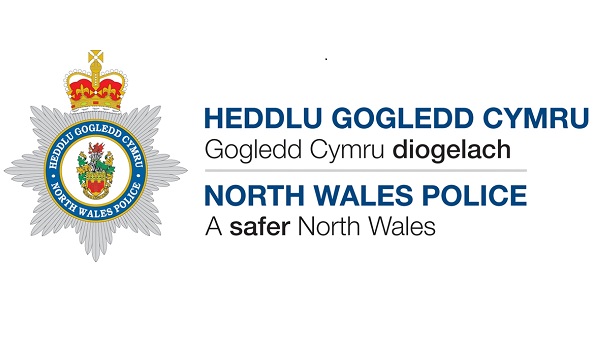Partners asked to help prevent unsustainable cuts by doing more
A force close to breaking point has asked partners to do more to help overstretched officers in the face of a 33 per cent rise in recorded crime.
A force close to breaking point has asked partners to do more to help overstretched officers in the face of a 33 per cent rise in recorded crime. North Wales Polices leadership has written to partner agencies and stakeholders to explain how cost-shunting caused by austerity has led to a growing burden on the front line. The letter, penned by Chief Constable Mark Polin and police and crime commissioner Arfon Jones, points to soaring sickness levels and the fact that more than half the forces workload is now non-crime demand as proof policing cannot continue picking up the slack from other services. It also warns that policing may have to make unsustainable cuts to certain services unless the current situation changes. Mr Polin said: We are asking partners to understand and consider the reality of the situation. There are choices, but they are not ones which can be made by North Wales Police alone. We have strived and so far succeeded in protecting front line policing. Our neighbourhood teams are the eyes and ears of our communities and their worth has never been more apparent than it is now in gathering intelligence, but we are having to review our current position. In short, if we are unable to find funding to service the necessary demands there are difficult decisions ahead in a whole host of areas. North Wales Police estimates that 53 per cent of its officers work is now non-crime related, partially as a result of picking up work from other agencies. The force has dealt with more than 800 reports of missing children since April 1, almost half of whom were reported as missing from care. This extra strain led to a greater focus on trying to resolve lower level threats through call handling to avoid deploying officers. Frontline teams also have little scope to focus on crime and have reduced capacity for face-to-face community engagement. The force also claims that workforce sickness has risen by almost 13 per cent this year mostly due to psychological disorders. Meanwhile, it has faced a 20 per cent budget cut since 2011/12, with £29.6 million made in saving requirements, and it predicts that a rise in recorded crime may reach 33 per cent by the end of the year. While this is partially due to better recording practices, the force has experienced a genuine increase in several more complex crimes that require more resources. These include child sexual exploitation, which rose 34 per cent between April and October compared with the same period last year, and domestic abuse, which rose by 44 per cent. The number of 999 calls received has also risen by eight per cent. To help meet this change in demand North Wales Police has created a Police Online Investigation Team (POLIT) which has seen its workload increase by more than a fifth over the last three months. Mr Polin believes North Wales Police needs another 50 investigators to keep pace with this rising demand. The concerns mirror comments made by HM Chief Inspector of Constabulary Sir Thomas Winsor earlier this year, who warned policing is increasingly being seen as the service of first resort by other agencies. Mr Jones said all stakeholders need to understand the risks faced by North Wales Police. He added: The impact of picking up the slack when other, more appropriate agencies, are not able to respond cannot be underestimated.


